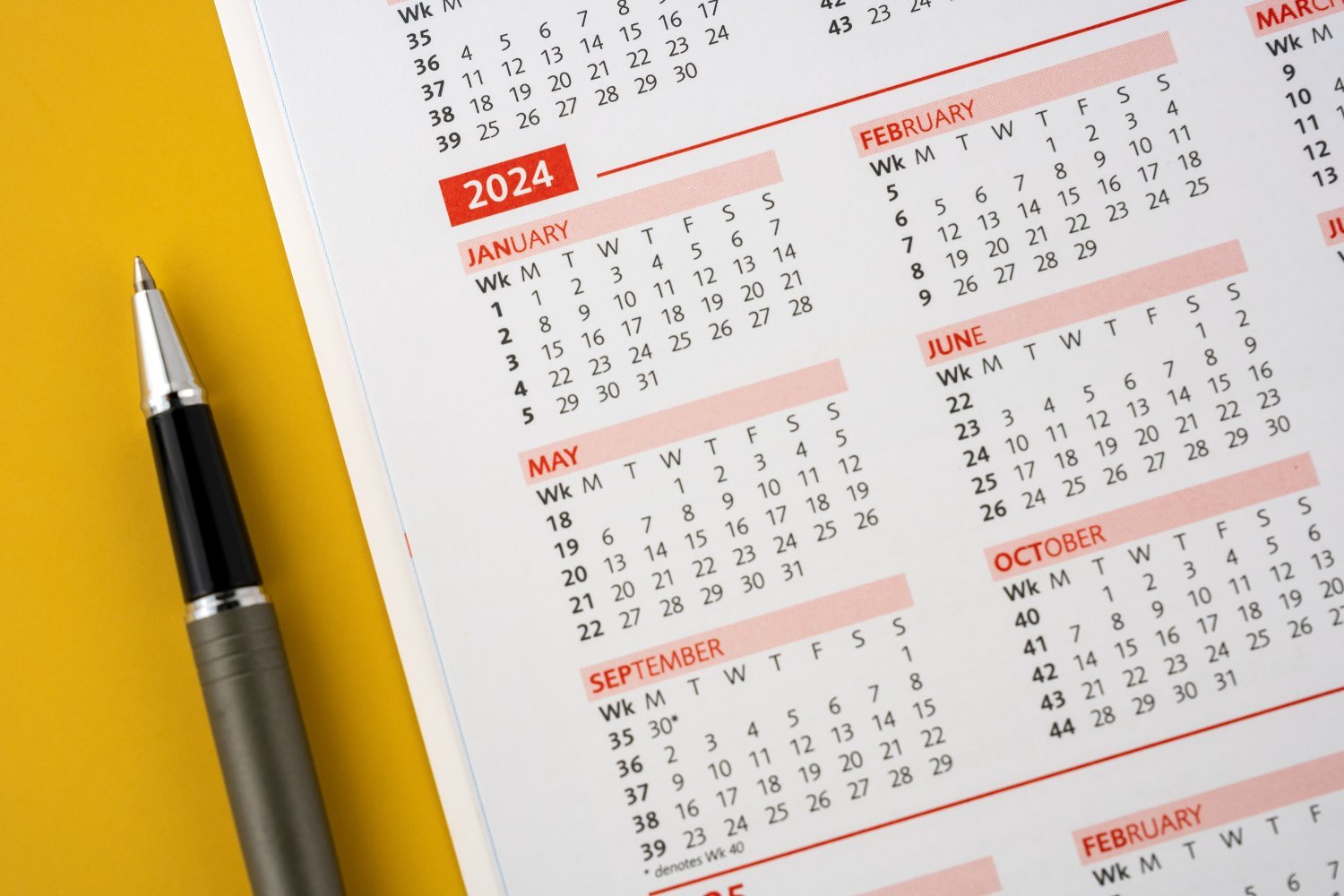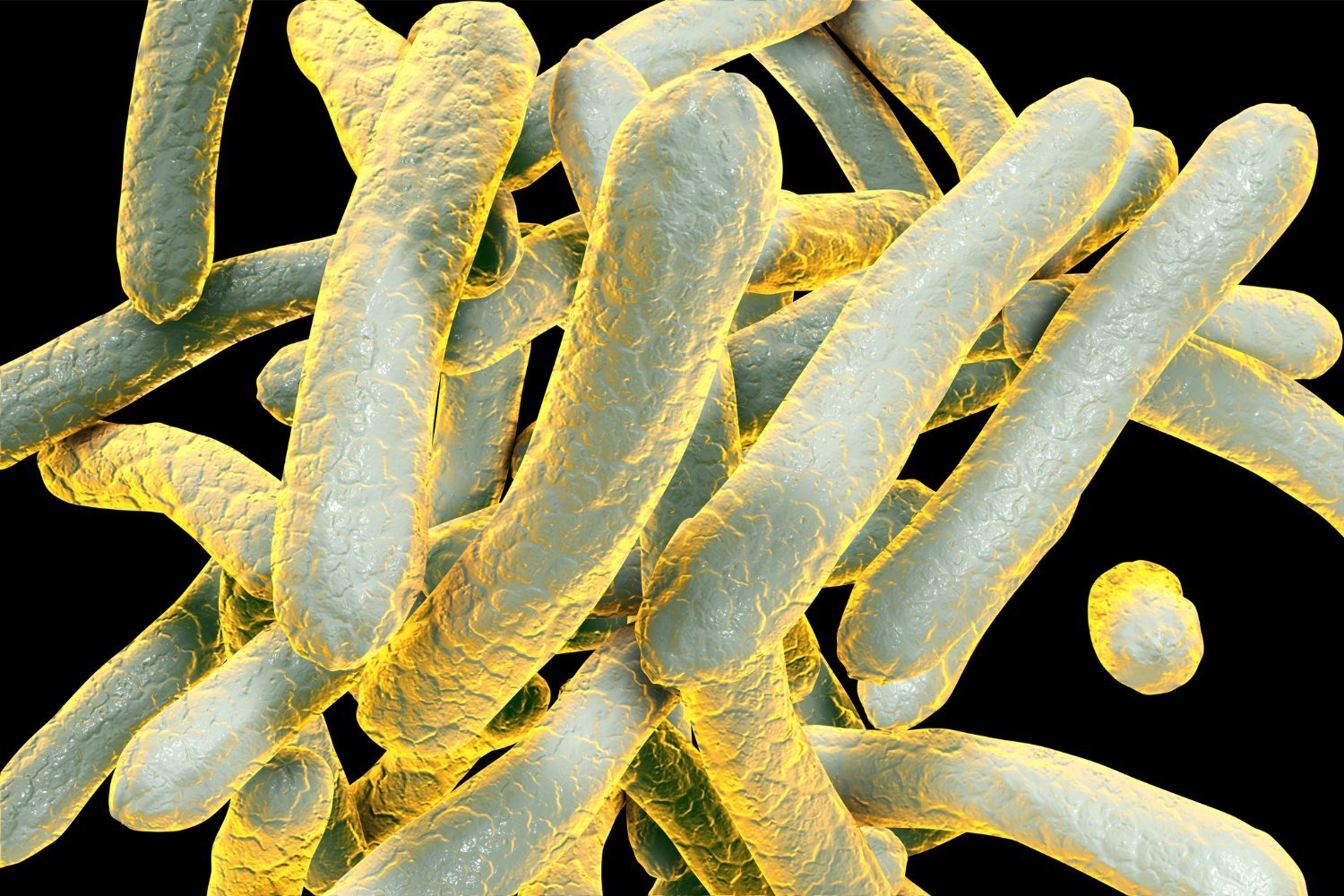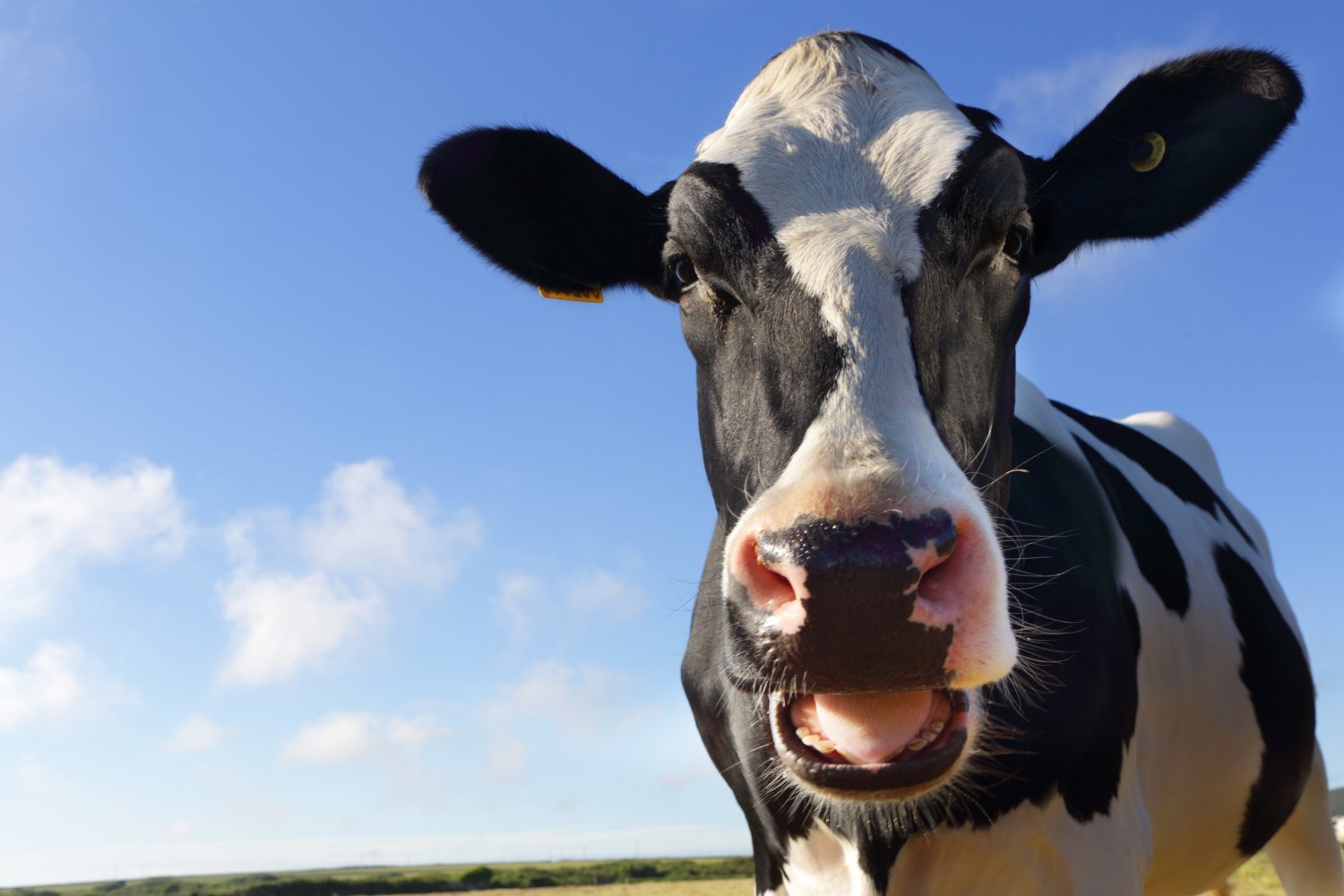A comprehensive international study reveals a concerning trend: suicide risk is highest on Mondays and New Year’s Day. This research, analyzing data from 740 locations across 26 countries, sheds light on the temporal patterns of suicide and underscores the need for targeted prevention strategies.
While suicide is a multifaceted issue with various contributing factors, this study, published in The BMJ, indicates a clear link between specific calendar days and increased suicide risk. Researchers examined suicide mortality data spanning from 1971 to 2019, uncovering consistent patterns despite regional variations in overall suicide rates.
The study found that Mondays consistently accounted for the highest proportion of suicides during the workweek, representing 15% to 18% of all cases. Furthermore, a heightened suicide risk on New Year’s Day was observed across all countries included in the study. The impact of weekends and other major holidays, such as Christmas, on suicide risk varied more significantly between countries.
The researchers theorize that this “Monday effect” could be attributed to several factors, including the “broken-promise effect,” where individuals postpone suicidal thoughts in anticipation of a weekend or holiday, only to experience disappointment when the break fails to alleviate their distress. The return to work on Monday can exacerbate stress and anxiety, particularly for those struggling with job-related pressures. The increased alcohol consumption associated with New Year’s celebrations is also highlighted as a potential contributing factor to the elevated suicide risk on that day.
This study’s observational nature prevents definitive conclusions about cause-and-effect relationships between suicide risk and calendar dates. However, it aligns with previous research suggesting a link between Mondays and increased suicidality. Some studies propose that the psychological burden of starting a new week can significantly impact vulnerable individuals.
The research team emphasizes the importance of these findings for informing suicide prevention efforts. They advocate for targeted interventions during periods of heightened risk, such as public service announcements promoting support services during the holiday season. The researchers also suggest implementing preemptive screening and psychological support programs, especially for younger generations and workers, to address the weekday and holiday-related spikes in suicide risk.
This research provides valuable insights into the temporal patterns of suicide risk and highlights the need for ongoing research and targeted interventions to address this complex public health issue.
If you or someone you know is struggling with suicidal thoughts, please contact the National Suicide Prevention Lifeline at 988 or text HOME to 741-741 to reach the Crisis Text Line.











